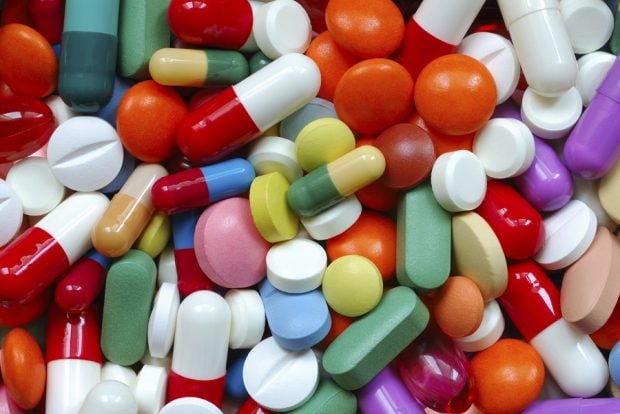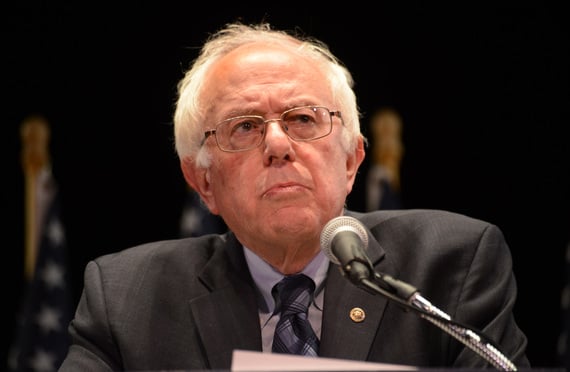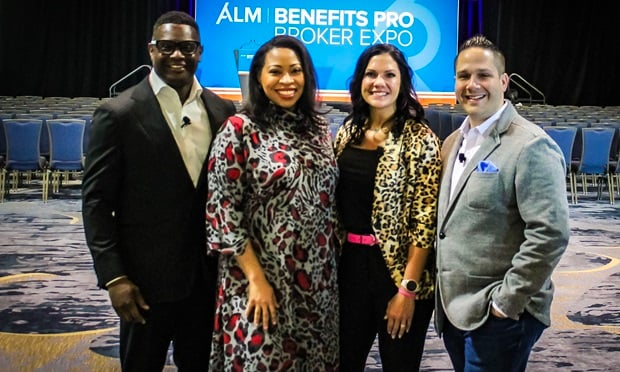 Civica Rx was launched amidfanfare last year, backed by philanthropic donors and hundreds ofhospitals. (Photo: Getty)
Civica Rx was launched amidfanfare last year, backed by philanthropic donors and hundreds ofhospitals. (Photo: Getty)
A nonprofit founded to address a pressing U.S. health-careproblem by manufacturing much-needed drugs that have fallen intoshort supply, or that are too expensive, willstart out with a different approach: buying the drugs frompharmaceutical companies.
|Civica Rx was launched amid fanfare last year, backed byphilanthropic donors and hundreds of hospitals. Fed up withshortages or skyrocketing prices for products like salinesolution and epinephrine, Civica said in September that it plannedto “directly manufacture generic drugs or sub-contractmanufacturing to reputable contract manufacturingorganizations.”
|Related: Health systems' generic-drug venture gaining steam(and new members)
|But instead of making drugs — a challenging endeavor even forestablished pharma companies — or subcontracting for them, Civicawill start by serving as a marketplace, rather than by being amanufacturer. It will act as a go-between for the hospitals andestablished drugmakers to initially pool demand for 14 criticaldrugs, and hopefully increase supplies.
|Starting a pharmaceutical plant is a highly regulated andtime-consuming process. The fastest solution was to reach out tothe suppliers that have unused licenses and find a price attractiveenough for them to re-enter the market, Martin VanTrieste, CivicaRx's chief executive officer, said in an interview.
|“With that critical need, almost a national drug-shortagecrisis, we had to discover what was the fastest way to get productsinto the market,” VanTrieste said.
|Making its own drugs will take longer. VanTrieste said Civicahas a three-pronged approach: sourcing from existing drugcompanies, hiring contract manufacturers to make drugs andeventually buying or building its own manufacturing facilities. Aspokeswoman for the group said that had been approach allalong.
|VanTrieste blames group purchasing organizations, whichconsolidate large groups of hospitals into more powerful buyinggroups, for pushing drugmakers out of the market for some keydrugs.
|“They've saved hospitals hundreds of millions of dollars, but anunintended consequence of that has been these sole-sourcecontracts,” he said, referring to cases where a group purchasingorganization selects just one maker of a drug, inadvertentlydriving other manufacturers out of the market.
|While Civica will in some ways resemble one of thegroup-purchasing organizations, Civica said it will operatedifferently, promoting competition to enable reliable supplies, andavoiding sole-source deals for products.
|Wide shortages
Hospital drugs have fallen in short supply in the U.S. over thepast few years for a variety of reasons. One major supplier,Hospira, was acquired in 2015 by Pfizer Inc., but the new owner wasalmost immediately faced with the task of revamping facilities thathad substantial quality problems.
|Thirty Hospira-made drugs were recalled from January 2017 toOctober 2018, according to an FDA database. Other widely usedhospital drugs, including saline bags, have fallen into shortsupply as a result of storms hobbling plants in Puerto Rico. InSeptember 2018, more than 100 drugs were in active shortage,according to a U.S. Food and Drug Administration presentation.
|In other cases, generic drugs shot up in price after businesschanges by manufacturers.
|Turing Pharmaceuticals AG, then led by Martin Shkreli, in TKbought the rights to sell a decades-old anti-infective drug calledDaraprim and raised the price to $750 a pill from $13.50. BauschHealth Companies Inc.'s predecessor Valeant has likewise, due tolimited competition, was able to sharply increase the price of twotreatments for the rare condition Wilson's Disease.
|Civica's plans may take some pressure off of drugmakers worriedthat the group was going to encroach on the at-times lucrativeworld of making hospital drugs. Instead, it may help reopen themarket for some suppliers that had been squeezed out.
|Long-term goal
Civica's initiative will have a broad reach. The organizationrecently welcomed 12 new health systems, bringing its total networkto around 750 hospitals in the U.S., including New York's NYULangone Health and industry giant HCA Healthcare.
|To eventually manufacture drugs or subcontract the work, andVanTrieste said the nonprofit group is in talks for some potentialsites to purchase. Subcontracting manufacturing work could take twoto three years to produce drugs, while building its own facilitywould mean four to five years for a new supply.
|“We're in active discussions for buying facilities as we speak,”VanTrieste said, adding that capacity is constrained in the marketfor sterile injectable drugs. That may make it challenging to findthe right kind of facilities at a decent price.
|VanTrieste said that if Civica Rx manages to balance out themarket, it ultimately won't have to make very many drugs.
|“If the marketplace fixes itself, Civica doesn't get much biggerthan 30 drugs,” he said. “I'm a very optimistic person, and I hopethat happens. But I'm also a pragmatist and there are always goingto be bad actors.”
|Read more:
- 'Cartel' of 16 companies and 300 generic drugsaccused of price fixing
- Direct reimbursement: An overlooked aid forexpensive prescriptions
- Big businesses turn to online startup to save onpharma costs
Copyright 2019 Bloomberg. All rightsreserved. This material may not be published, broadcast, rewritten,or redistributed.
Complete your profile to continue reading and get FREE access to BenefitsPRO, part of your ALM digital membership.
Your access to unlimited BenefitsPRO content isn’t changing.
Once you are an ALM digital member, you’ll receive:
- Critical BenefitsPRO information including cutting edge post-reform success strategies, access to educational webcasts and videos, resources from industry leaders, and informative Newsletters.
- Exclusive discounts on ALM, BenefitsPRO magazine and BenefitsPRO.com events
- Access to other award-winning ALM websites including ThinkAdvisor.com and Law.com
Already have an account? Sign In
© 2024 ALM Global, LLC, All Rights Reserved. Request academic re-use from www.copyright.com. All other uses, submit a request to [email protected]. For more information visit Asset & Logo Licensing.








